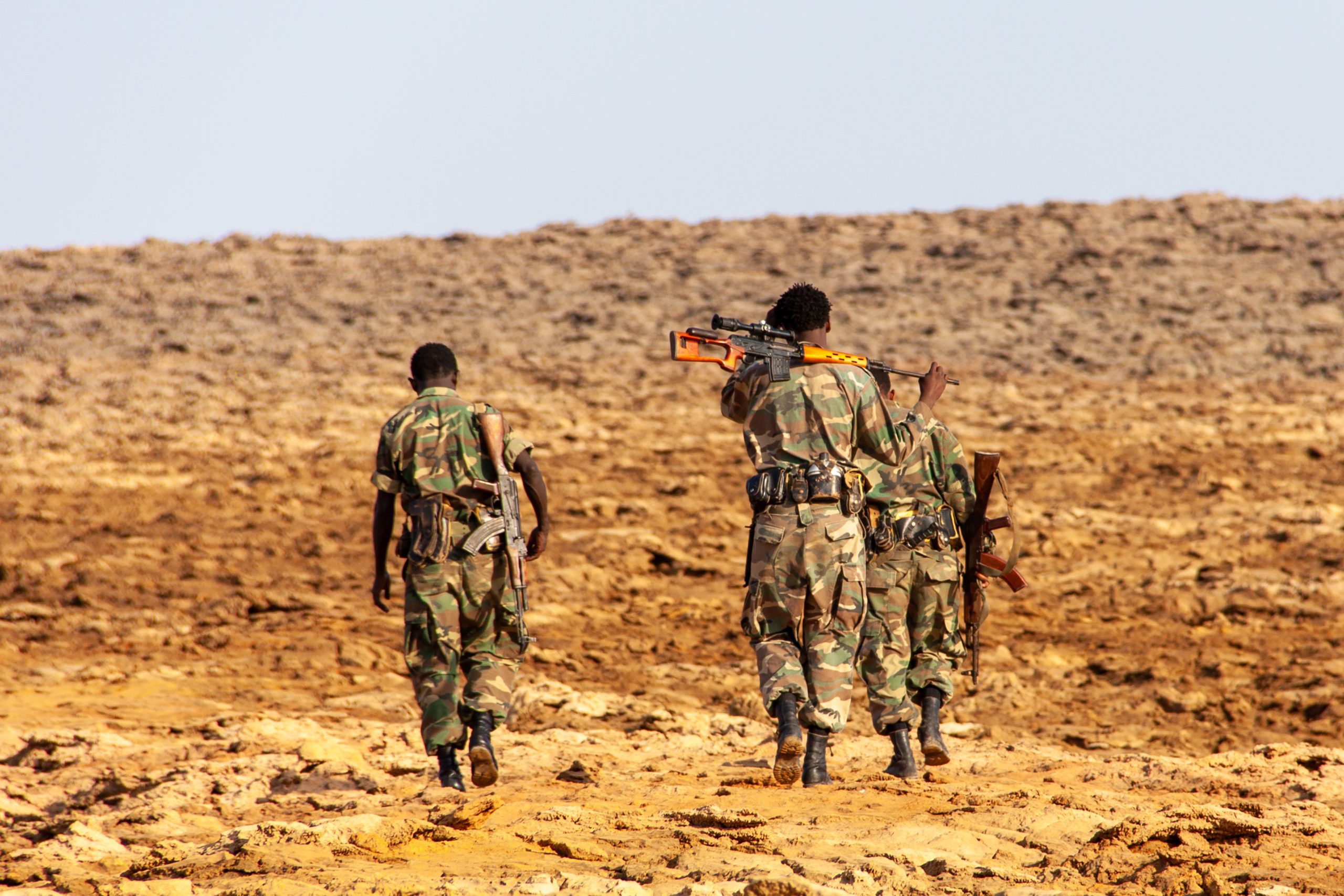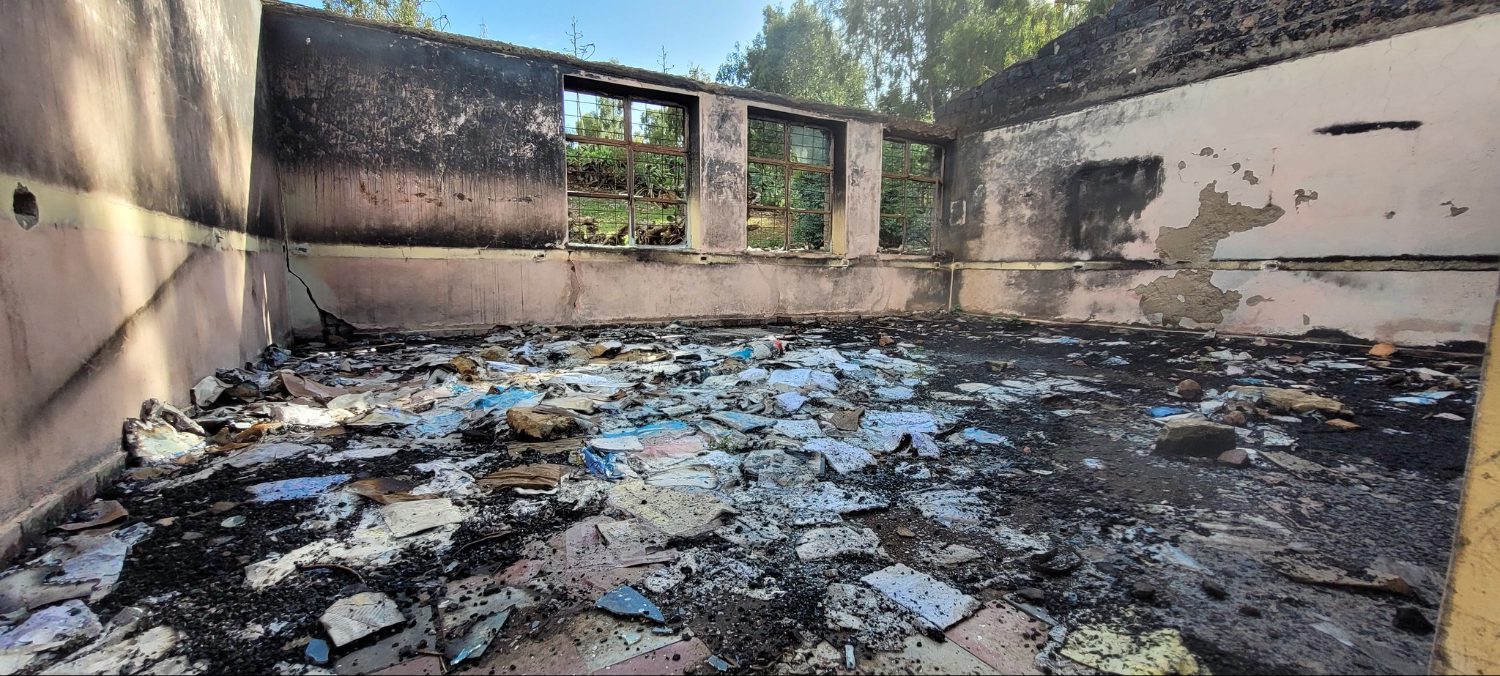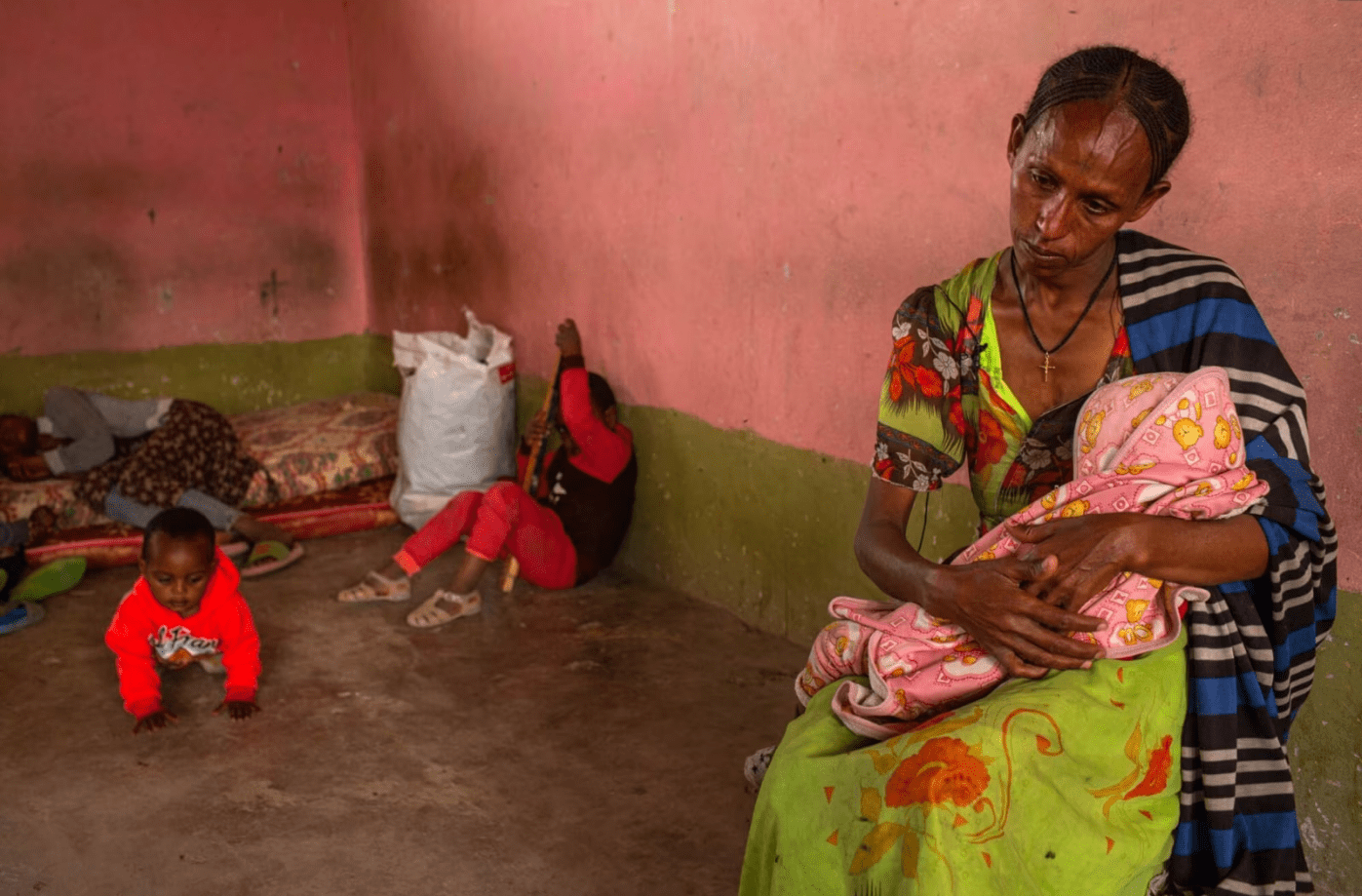There is an urgent need to assist former Tigrayan combatants return to civilian life. This demands a relief program. It should not be confused with disarmament demobilization and reintegration (DDR). Today, we published a new report explaining why this is so.
Emerging from the Permanent Cessation of Hostilities agreement between the Federal Government of Ethiopia (FGE) and the Tigray People’s Liberation Front (TPLF), signed in Pretoria last November, the Federal Government is seeking donor funds for a disarmament, demobilization and reintegration (DDR) program.
Funds are needed. But it is not a DDR program in the textbook sense. It is neither an element of nationwide DDR nor integrated within a wider security sector reform (SSR) program. Instead, it should be understood as a compassionate humanitarian program to meet the immediate needs of former Tigrayan combatants, as part of the urgently needed wider reconstruction of Tigray.
SSR is the political and technical process of improving the security of citizens through the professionalization, effectiveness and accountability of military, police, security/intelligence, justice and related institutions. The need for SSR emanates from the negative effects of an ineffective security sector that hampers peace and development. DDR of former combatants is not a technical fix for a technical problem but a political project that follows a wider plan for SSR, peacebuilding and sustainable development.
Ethiopia’s security sector is in dire need of reform. The army is bloated in number and seriously de-professionalized. It has committed war crimes and crimes against humanity during the Tigray war. There is a proliferation of additional armed formations created or authorized by Federal and/or regional authorities. The law enforcement authorities are also dysfunctional. Ethiopia will not have meaningful peace and development without having comprehensive SSR that brings all elements of the security services under democratic control.
Ethiopia needs nationwide SSR. The security environment in the country is fast moving towards a violently contested political arena with multiple independent security actors—a ‘security arena’. Should this trend continue reform of the security sector will be far more difficult.
There is no sign that the FGE has any intent to undertake comprehensive and nationwide SSR and DDR. Rather it wants to disarm the Tigray Defense Force (TDF) and mobilize donor funds for that purpose, using the name of DDR.
Throughout the country, the FGE is expanding its security forces and is using violence as a primary way to address local conflicts. Even though there is a cessation of hostilities between the FGE and Tigray, the FGE and is now at war in Oromia, Amhara, Benishangul-Gumuz, and Gambela regions. For a real SSR/DDR to take place in Ethiopia, the FGE needs to engage in a genuine dialogue to address the grievances of citizens and resolve conflicts.
But Tigray cannot wait. Tigray needs the return of large numbers of combatants into civilian life. They are returning home to a land totally devastated by war. Many of them have important skills to contribute to reconstructing Tigray. All need resources to enable them to return to a productive life. And they are eager to do so.
There are also many disabled veterans who need specialized care. The available facilities for treatment of the physically handicapped are woefully inadequate.
But this should not be defined as a DDR program. Instead, the program should be redefined as humanitarian and welfare program. It should be defined and supported accordingly, as Tigray-focused assistance to former TDF combatants. It should be planned and implemented as part of the wider re-construction plan for Tigray.
Photo: Adobe Stock Images



